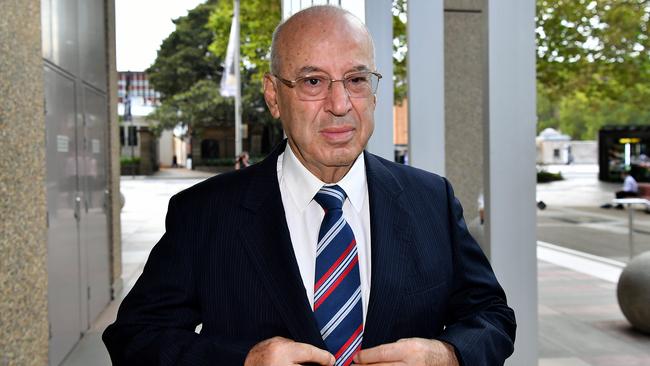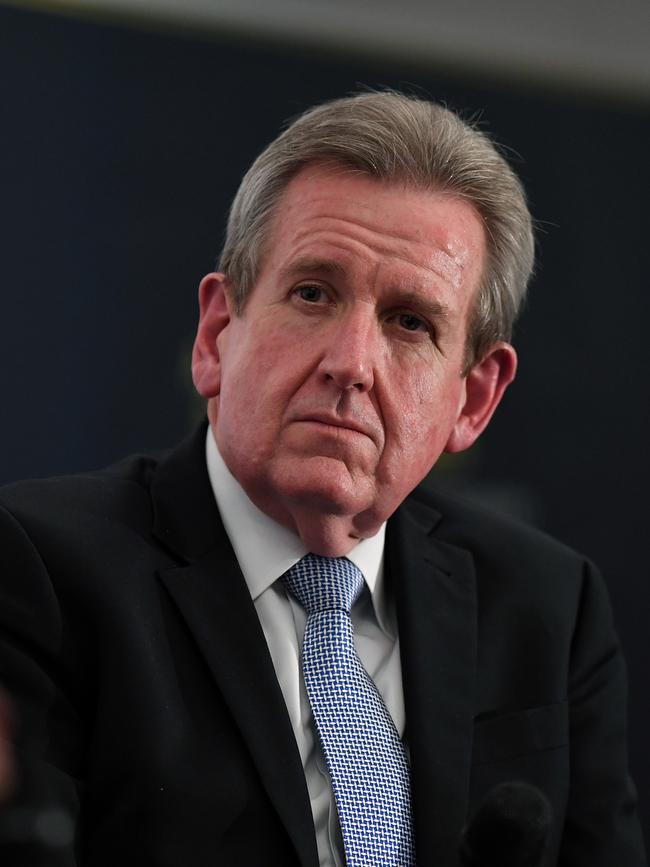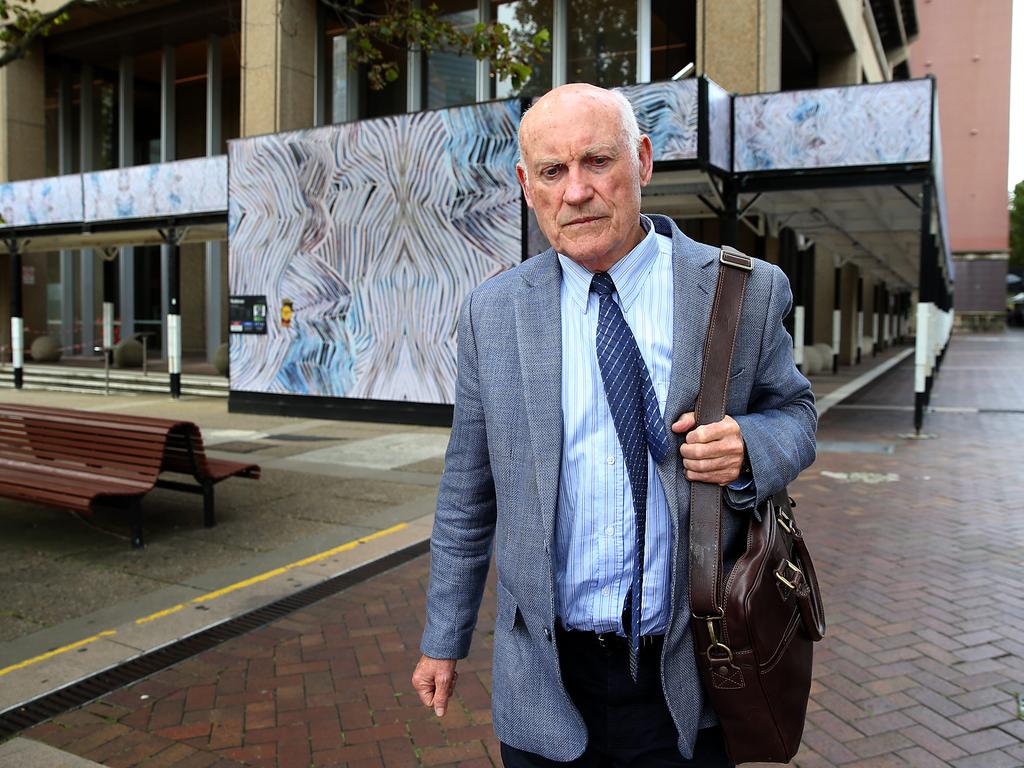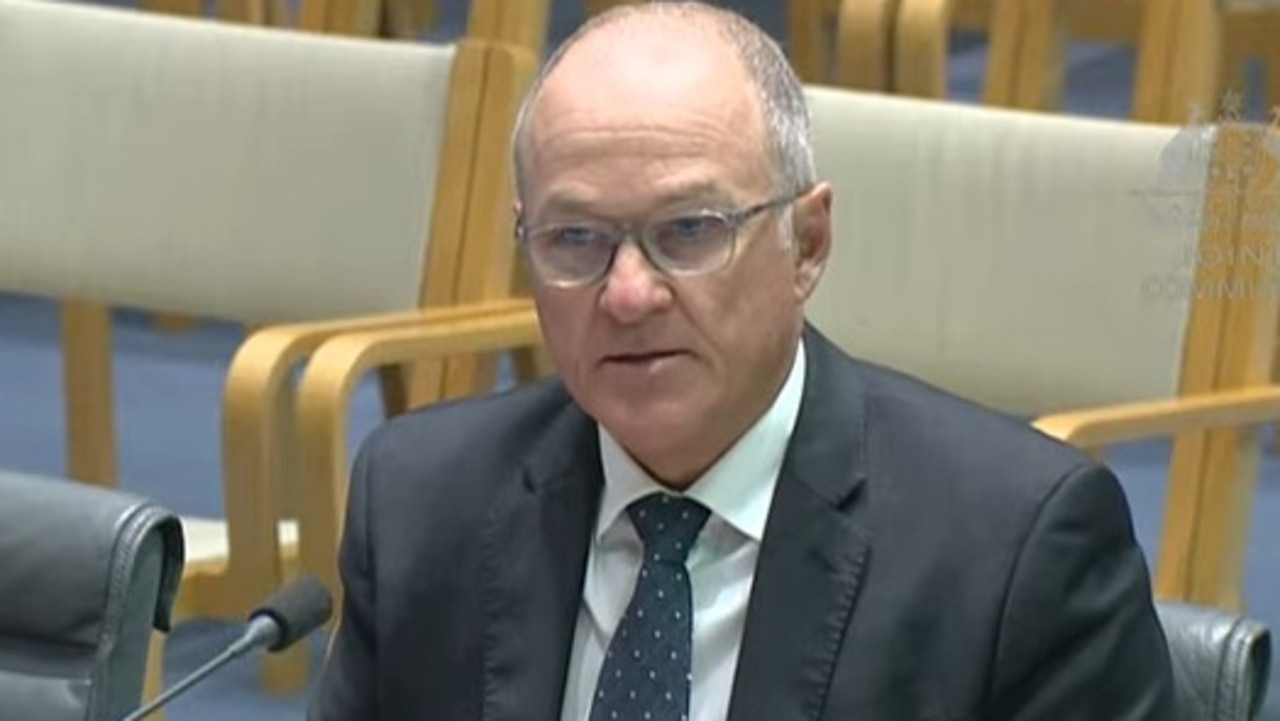
Next month, when former NSW minister Eddie Obeid is sentenced in the state’s Supreme Court, the focus should turn to the state’s parliament.
It needs to decide whether the time has finally arrived to do the right thing and provide a remedy for the innocent people who have been caught up in this affair.
The justice system will decide Obeid’s fate, and barring a successful appeal there is a prospect he will go to prison along with his son, Moses, and another former minister, Ian Macdonald.
They have been found guilty of a conspiracy in which it was agreed that Macdonald would engage in misconduct in public office in connection with the granting of a coal exploration licence over the Obeids’ property at Mount Penny.
Justice Elizabeth Fullerton will be passing sentence over events that were the subject of sensational public hearings more than seven years ago by the Independent Commission Against Corruption.
Parliament, however, has already imposed a penalty of its own.
Unlike the courts, parliament is ill-equipped to decide questions of guilt and innocence, which helps explain – but does not excuse – what happened in January, 2014.
The government of Barry O’Farrell considered it necessary to respond to the same issue that is likely to see Macdonald and the Obeids sent to prison.
Instead of waiting for the justice system to identify the wrongdoers with certainty, O’Farrell’s government rushed in legislation that penalised people whose conduct has subsequently been shown to have breached no law.
So while Fullerton is about to punish the guilty, parliament has already punished the innocent.
That punishment is outlined in the Mining Amendment (ICAC Operations Jasper and Acacia) Act which, among other things, cancels the exploration licence over the Obeids’ property that had been awarded to mining company Cascade Coal.

Here’s the problem. Cascade did nothing wrong – which is apparent from the fact that nobody from this company was accused of being part of the Macdonald-Obeids conspiracy.
The prosecution did not even ask Cascade to give evidence.
Fullerton’s judgment explains why: “The Crown also submitted that the Cascade Coal P/L witnesses were, from their perspective, involved in ‘a series of legitimate arm’s length commercial transactions’ and for that reason ‘their understanding and involvement is not material to determination of the offence charged’.”
Cascade only obtained its licence after the original winner of the expression of interest process, Monaro Mining, was unable to pay $25m that had been promised in its bid proposal. Monaro had been involved in talks with the Obeids through a colourful middleman, Paul Gardner Brook.
Cascade had been ranked second by an independent evaluation committee established by the NSW Department of Primary Industries and only moved up when Monaro dropped out.
Because the licence covered the Obeids’ property, Cascade needed to do a deal with them before operations could begin. This cost the company $30m.
In 2019, a full bench of the Federal Court unanimously rejected an appeal by the Australian Competition & Consumer Commission and confirmed that transactions that preceded Cascade’s win were legitimate and complied with competition law.
That ruling meant Cascade had not engaged in cartel conduct with interests associated with the Obeids – in contrast to allegations at the ICAC public hearings that preceded the cancellation of the company’s licence.
The report from that inquiry, known as Operation Jasper, says counsel assisting had made submissions that Cascade had been involved in what was “arguably an illegal agreement in the sense that it breached Part IV of the Trade Practices Act 1974”. The Counsel assisting were Geoffrey Watson SC and Nicholas Chen.
When considering what to do about the cancellation of Cascade’s licence, it is important to keep in mind the precise nature of what Fullerton decided.
Despite media reports, she did not find the “tender” for the Mount Penny licence had been “rigged”. The prosecution’s indictment also makes no such assertion. Had Fullerton used such imprecise language it might have given the misleading impression that the wrongdoing extended beyond the flow of confidential information from Macdonald to the Obeids and involved the committee that assessed competing expressions of interest for the Mount Penny licence, the probity auditor and the ultimate winner of that competition, Cascade Coal. None of those entities were accused of wrongdoing.
Instead, the judge found five acts of misconduct had been established, falling into two categories: two concerned Macdonald’s requests for information about coal reserves from the Department of Primary Industries, and three concerned his conduct in providing confidential information to the Obeids, including a list of companies that would be invited to submit expressions of interest for the licence.
Fullerton makes the point that once the expressions of interest were before the evaluation committee and its probity auditor “the currency with which the Obeids had effectively traded with Monaro Mining NL, namely by the use of confidential information provided to them by Macdonald, diminished in value since Mr Macdonald could not exert any influence over the outcome”.
She also notes that the Obeids’ arrangements with Monaro took place during the period of the conspiracy, while their arrangements with Cascade came later.
This is why the language of rigged tenders, so common in some parts of the media during the ICAC inquiry, is not just wrong but dangerous. Macdonald breached his duty by helping the Obeids but he had no influence over those who selected Cascade for the licence that was unjustly cancelled in 2014.
Chris Merritt is vice-president of the Rule of Law Institute of Australia.





